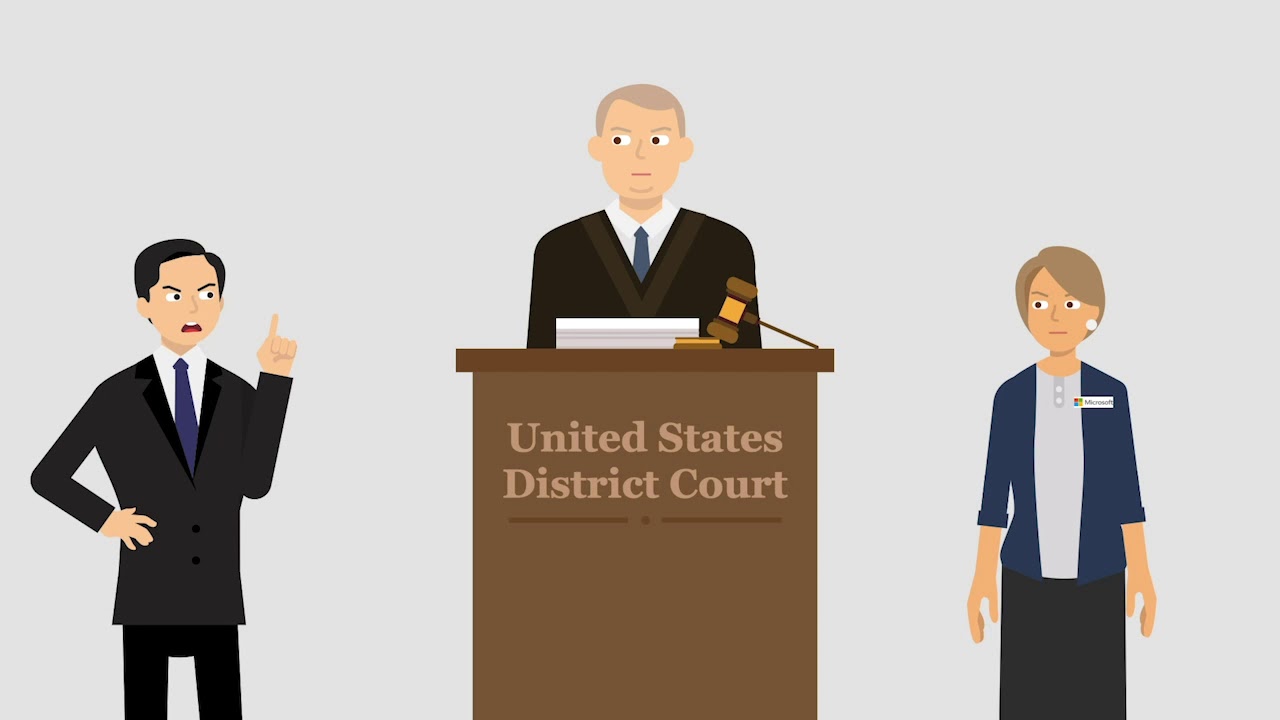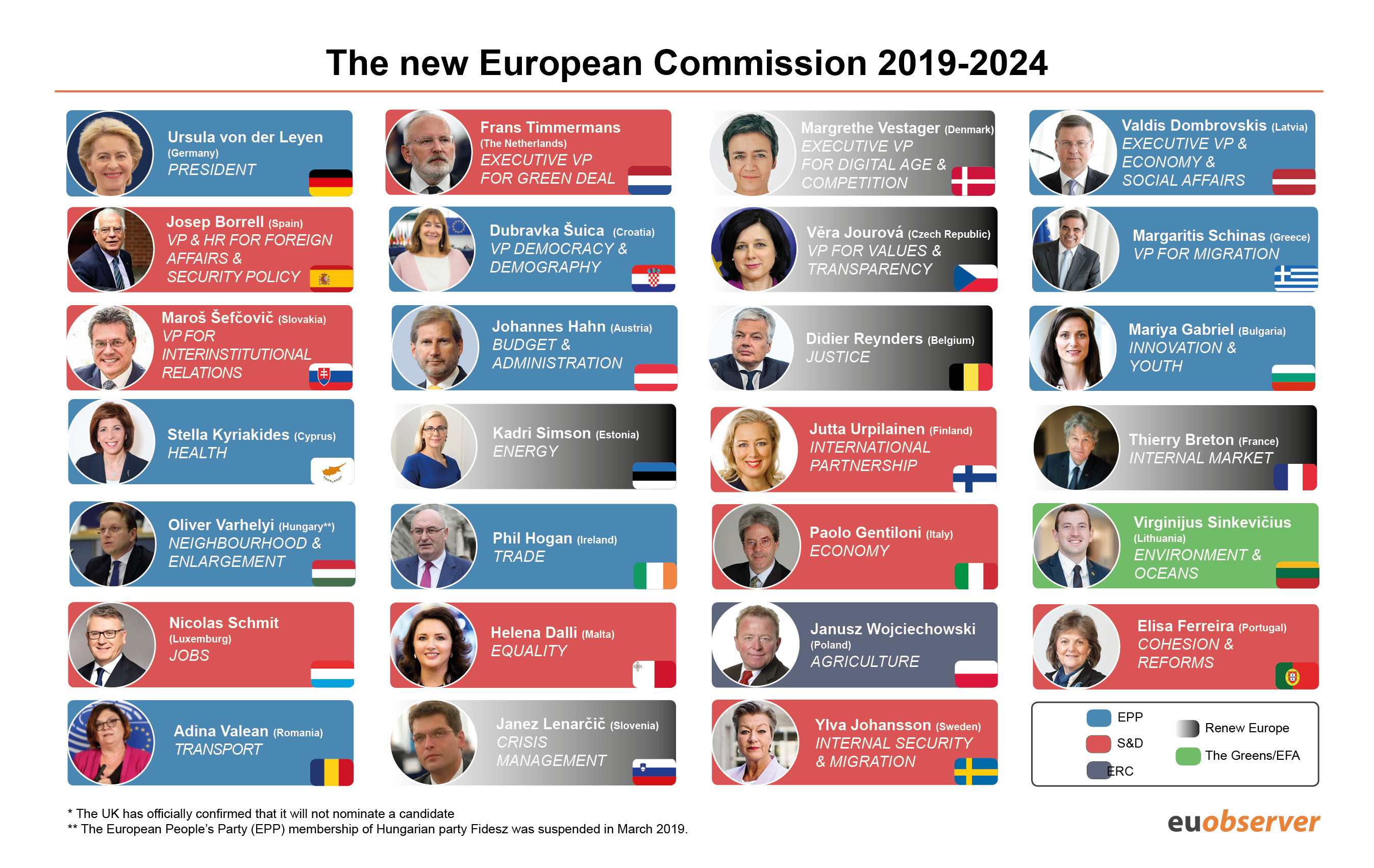Navigating Competition Law in Tech: A Entrepreneur’s Insight
Exploring the Nuances of Competition Law from a Tech Entrepreneur’s Perspective
As someone deeply entrenched in the realms of artificial intelligence, cloud solutions, and technology consulting, my journey has often navigated the intricate landscapes of competition law. My experiences, from my time at Microsoft to running my own consulting firm, DBGM Consulting, Inc., have provided me with a unique vantage point on this subject. In this article, I aim to share my insights and opinions on competition law, notably how it impacts innovation and market dynamics within the tech industry.
Understanding the Importance of Competition Law
Competition law, at its core, is designed to maintain market competition by regulating anti-competitive conduct by companies. This framework is crucial not only in safeguarding consumer interests but also in ensuring a level playing field for businesses of all sizes. In the rapidly evolving tech sector, where the landscape is constantly reshaped by innovation and mergers, the role of competition law becomes even more pivotal.
The Balancing Act: Innovation vs. Monopoly
One of the primary considerations in competition law, especially relevant to the tech industry, is the fine line between fostering innovation and preventing monopolistic practices. Large corporations can sometimes overshadow emerging startups, ostensibly under the guise of innovation. However, it is vital to ensure that such market dominance does not smother potential competition that can lead to alternative solutions and advancements in technology.
Case Example: United States vs. Microsoft Corp.
A quintessential case that highlights the complexities of competition law in technology is United States vs. Microsoft Corp. This landmark lawsuit accused Microsoft of holding a monopoly and engaging in anti-competitive practices aimed at stifling competitors in the web browser market. The case underscores the necessity of competition law in checking the practices of even the most influential tech giants, ensuring they do not inhibit market competition unjustly.

Competition Law in the Era of Global Tech Expansion
With technology companies increasingly becoming global entities, competition law faces new challenges. Different jurisdictions have different regulations, leading to a complex web of legal frameworks that international companies must navigate. This global expansion necessitates a nuanced understanding of competition law, as actions deemed acceptable in one country might be considered anti-competitive in another.
European Union’s Approach to Tech Giants
The European Union offers an interesting case study with its stringent approach towards tech giants, often imposing heavy fines for anti-competitive behavior. This regulatory environment emphasizes the importance of maintaining market fairness and consumer choice, even in the face of technological advancement and global market dominance.

Personal Reflections and the Path Forward
From my perspective, navigating the minutiae of competition law as a tech entrepreneur has underscored the importance of innovation within a fair market system. While I am inherently optimistic about the role of AI and technology in shaping our future, my experiences and skepticism towards monopolistic practices reaffirm my trust in the necessity of competition law. It is through the careful balance of innovation and regulation that we can foster an environment conducive to both technological advancement and market equity.
In conclusion, as we look towards a future increasingly defined by technological prowess, the role of competition law in maintaining an equitable and competitive landscape cannot be overstated. It is essential for entrepreneurs, policymakers, and legal professionals alike to continuously assess and adapt these regulations, ensuring they reflect the dynamic nature of the tech industry.

Further Reading and Resources
For those interested in delving deeper into the complexities of competition law and its impact on the technology sector, I recommend exploring recent articles and case studies, including those on my blog where I discuss related topics such as the impact of differential equations in AI predictive models and the role of open-source software in modern IT solutions.








Leave a Reply
Want to join the discussion?Feel free to contribute!